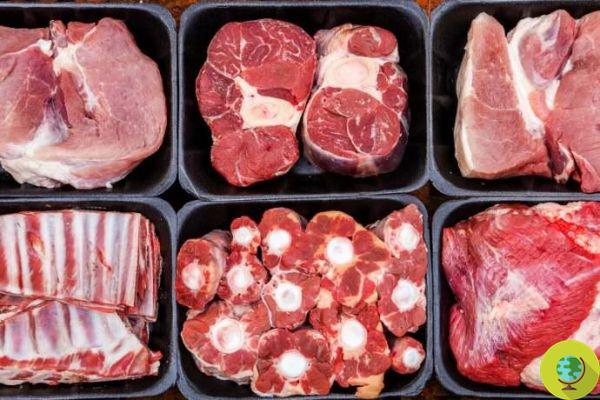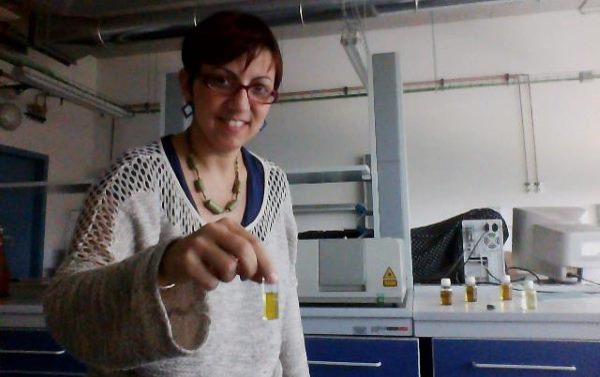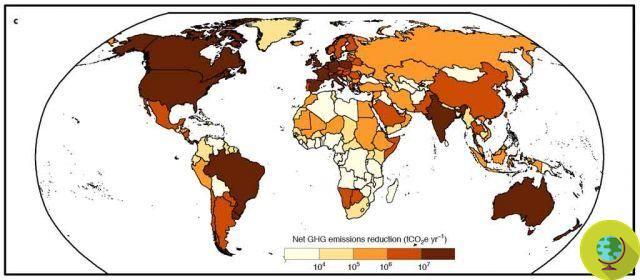
It is not the first time that there has been talk at international level of the need to impose a tax on meat as an incentive to reduce the consumption of this food, both for an environmental issue and for health reasons. Now a new American report confirms the importance of such a measure that could become operational in the next few years.
Don't store avocado like this: it's dangerous
It is not the first time that the need to impose one has been talked about internationally meat tax as an incentive to reduce the consumption of this food both for an environmental issue and for health reasons. Now a new American report confirms the importance of such a measure that could become operational in the next few years.
As is well known, animal farms worldwide produce 15% of all global greenhouse gas emissions and, among other things, meat consumption is on the rise all over the world. At the same time, climate change continues to cause more and more problems and the situation must somehow be contained. What to do? Given that more and more people eat meat in large quantities and this has a considerable impact on the environment (as well as on their health), it has been thought several times to stem the problem by introducing a tax on meat.
According to experts, it would be a "tax on sin" to discourage the consumption of this food "heavy"(In many senses) as, for example, the tax on tobacco. According to analysts from the Farm Animal Investment Risk and Return (Fairr) network of investors, this is inevitable and is expected to launch in 5-10 years. There are many reasons why this tax could appear in the short term. As Jeremy Coller, founder of Fairr said:
"If policy makers are to cover the real cost of human epidemics such as obesity, diabetes and cancer and livestock epidemics such as avian flu, while also addressing the twin challenges of climate change and antibiotic resistance, then a the shift from subsidies to taxation of the meat industry seems inevitable "
But what would the new tax consist of according to projections? The first global analysis done in 2016 by a team from the University of Oxford hypothesized supplements of 40% on beef, 20% on dairy products and 8,5% on chicken. This would save half a million lives a year and reduce carbon emissions.
The possibility of imposing a tax on meat has already been discussed in several parliaments, for example in Germany, Sweden and Denmark (the latter suggested a tax of $ 2,70 per kilogram of meat) while in China the government has cut the maximum recommended meat consumption of 45% in 2016.
As stated by Rob Bailey director of Chatham House, The Royal Institute of International Affairs:
“It is only a matter of time before agriculture becomes the center of a serious climate policy. The public health case is likely to strengthen the government's resolution, as we have seen with coal and diesel. It is difficult to imagine concerted action to tax meat today but over the next 10 or 20 years I would expect to see taxes piling up on meat. "
You may also be interested in reading other articles on meat taxes:
- COMES THE TAX ON MEAT?
- A TAX ON RED MEAT: THE DENMARK PROPOSAL
The only way out of this situation would be the emergence of innovative technologies capable of drastically reducing emissions from livestock farming or (an even more promising option) to rapidly grow the world of plant-based alternatives to meat.


























